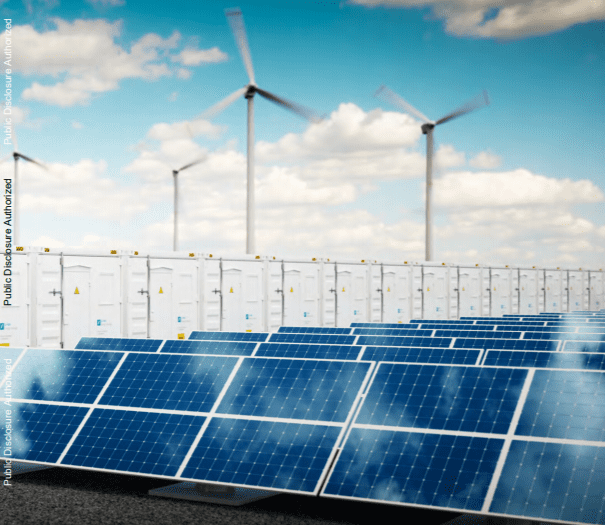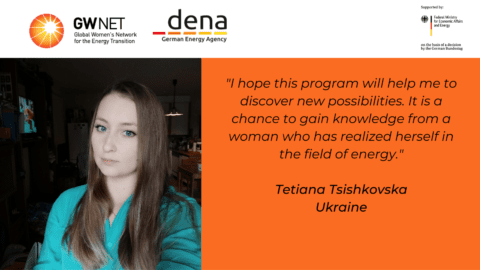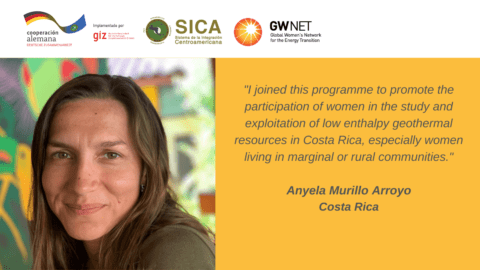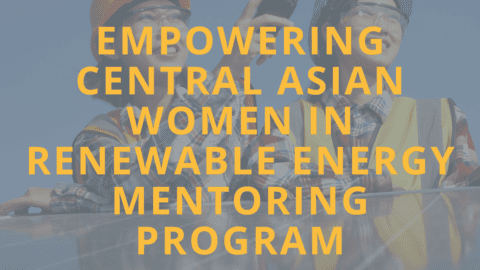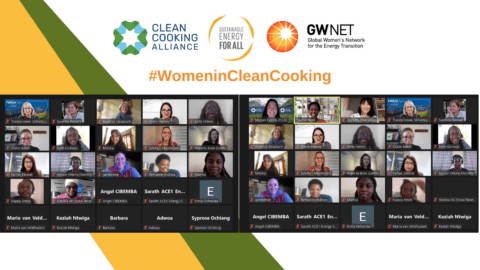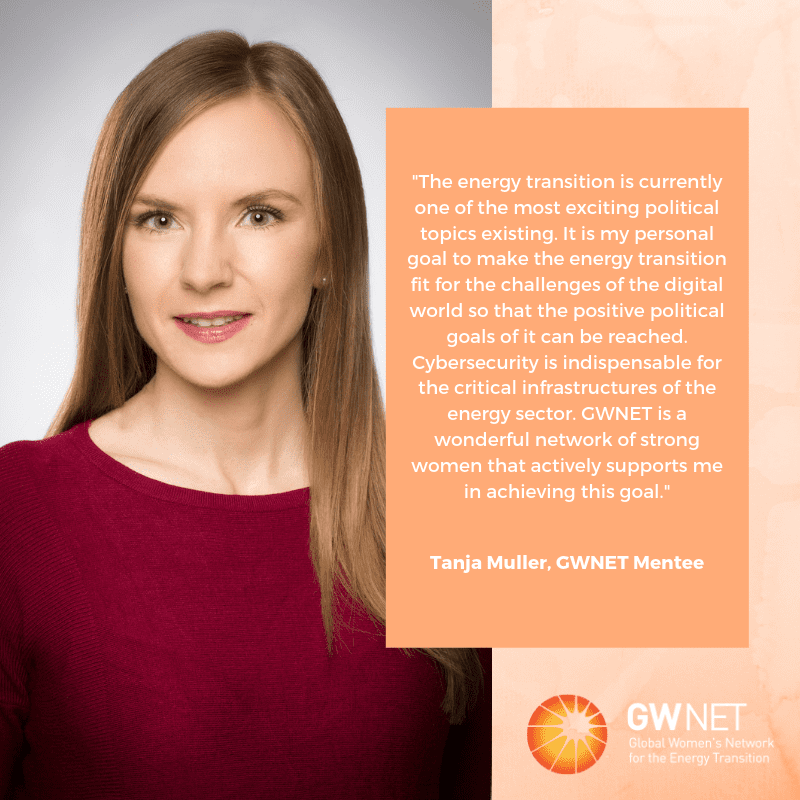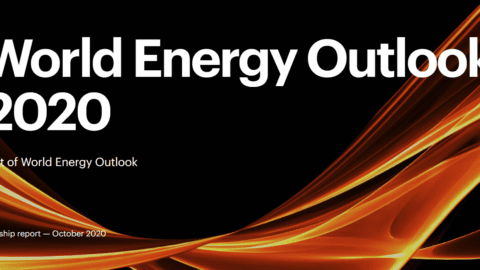This week, GWNET and the Energy Storage Partnership (ESP) held their first knowledge-transfer webinar for participants of the Women in Energy Storage Mentoring Programme, on the topic of Energy Storage Policies and Regulations. We were excited to welcome key speaker, Simon Müller, Consultant for the World Bank and Head of Energy Systems at ENERTRAG.
Simon is currently responsible for commercialisation of power-to-x and sector coupling solutions at Germany’s leading renewable energy utility in this field. He is an internationally recognised expert on renewable energy integration, power market design and renewable energy policy, covering a wide technical and geographic scope (including the EU, North America, Brazil, Mexico, Japan, India, China) at a high level of detail.
Energy storage can make a substantial contribution towards cleaner and more resilient power systems – supporting the grid integration of variable renewable energy, namely, wind and solar photovoltaics – and is particularly well suited to the power system needs of developing countries’.
However, the novelty of storage in many power systems means that policy, market, and regulatory frameworks often lack storage-specific provisions.
The recently launched ESP report on “Deploying Storage for Power Systems in Developing Countries,” provides a brief overview of the role of energy storage against the background of current trends in power systems with an emphasis on developing countries. It introduces the different ways in which storage can help meet policy objectives and overcome technical challenges in the power sector.
During this dynamic webinar, Simon provided guidance on determining the value of storage from a systems perspective and aligning this with an investors’ perspective and explored policy, market, and regulatory considerations to facilitate storage deployment.
Key insights from the presentation and subsequent Q&A session included:
- Energy storage deployment is increasing rapidly (in particular for batteries) and this trend is bound to continue
- Establishing enabling frameworks for storage requires an understanding of the costs and system benefits of energy storage
- Energy storage is usually not the only option to meet a certain power system need and the option to invest in energy storage should always be considered alongside alternatives, including generation capacity, enabling a more flexible demand side, and building grid infrastructure.
- Policymakers and regulators need to establish robust remuneration mechanisms that accurately reflect the value of storage to the system
- Removing non-economic barriers to storage deployment must be a priority
Read the full report here.
If you are interested in knowing more about GWNET’s mentoring programmes, this comprehensive article outlines our work in this area.

